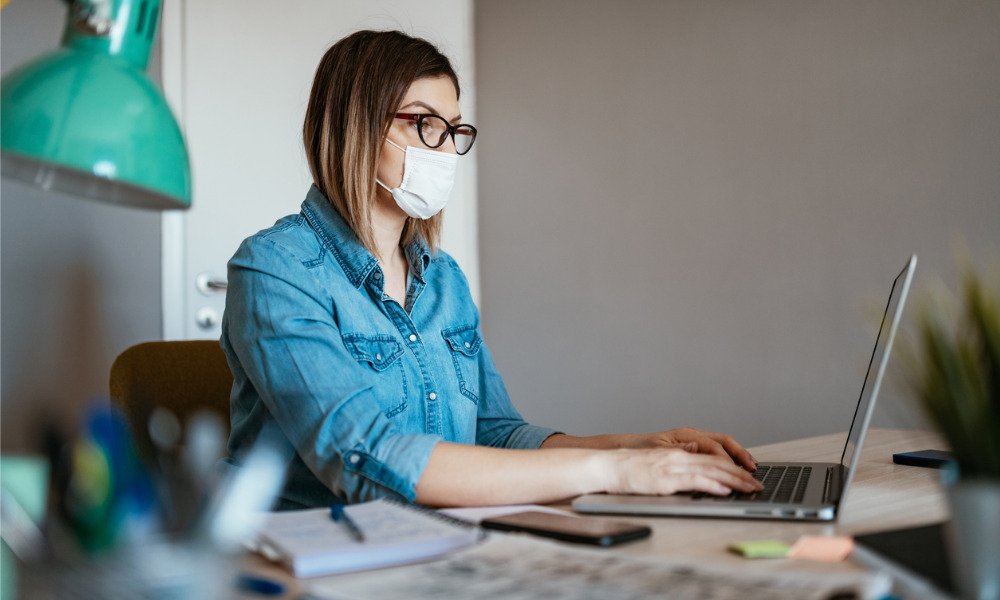
Arbitrator also determined whether employees may be forced into isolation

In a recent arbitration award, an Ontario labour arbitrator has provided a guideline to determine whether employees required to isolate due to possible exposure COVID-19 are entitled to sick pay during their isolation.
In Ontario Nurses’ Association v Humber River Hospital, the Humber River Hospital issued a memo indicating that employees who are symptomatic or tested positive for COVID‐19 should be entitled to sick pay during their isolation period. But the memo excludes from the coverage those employees who are asymptomatic and tested negative for COVID-19, but are self-isolating due to travel, exposure inside or outside of the workplace, public health directive, or instruction from the employer to remain off-work.
As a result, the Ontario Nurses’ Association, a union representing health-care workers, filed a grievance against Humber. The union argued that all employees required to isolate should be entitled to sick pay during their isolation period, regardless of whether they tested positive for COVID-19 or are asymptomatic. It further argued that by forcing employees to self-isolate without providing sick pay, Humber had violated their collective agreement.
Humber conceded that employees who are symptomatic or tested positive for COVID-19 are covered by the sick pay benefit since they are suffering from an illness. But he argued that employees who are asymptomatic and tested negative for COVID-19 could not be considered as ill during the required isolation.
In his decision, Arbitrator Norm Jesin sided with Humber and dismissed the grievance.
Jesin affirmed Humber’s claim that only employees who are symptomatic or tested positive for COVID-19 are considered as ill and eligible for sick pay.
“Dealing first with the applicability of the sick pay entitlement, I agree that sick pay is only available to employees who are ill. In both Participating Nursing Homes and Rouge Valley, the arbitrators determined that although an employee may be required to isolate to prevent exposure to illness, the employee is not entitled to a sick pay benefit unless the employee establishes that he/she is suffering from an illness, Jesin said. “The existence of circumstances requiring an employee to isolate does not in and of itself make the employee ill.”
Jesin also agreed with the Humber’s contention that employees who are asymptomatic and tested negative for COVID are not considered as ill and therefore ineligible for sick pay. But the parties are always free to amend the definition of eligibility for sick pay to cover situations arising during the COVID-19 pandemic, he said.
As to the issue of whether employees may be forced into isolation, Jesin held that Humber’s COVID-19 protocols setting out the requirements for isolation have been established as a result of guidelines, directives and recommendations issued by federal and provincial health officials. He added that the protocols issued by Humber are consistent with its obligations to protect the health and safety of all employees pursuant to the Occupational Health and Safety Act.
“. . . This is not all analogous to a suspension pending an investigation in which an employee is reimbursed unless there is just cause for the suspension. The situation here is entirely different,” Jesin said.